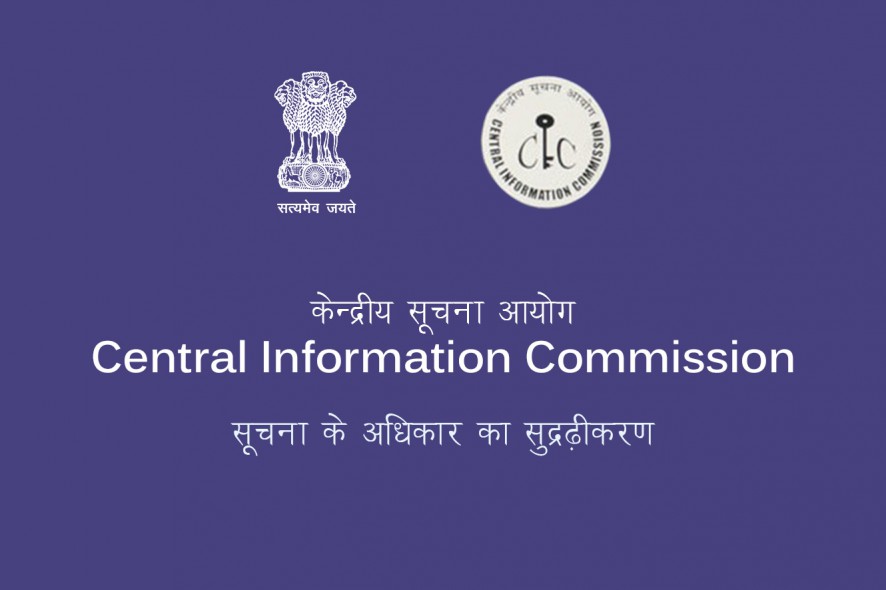Central Information Commission (CIC): Vanaja N. Sarna (Information Commissioner) while disposing of the RTI application instructed the ADG & CPIO, UIDAI – to convene periodic conferences to educate the officials concerned including the CPIOs and FAAs about the provisions of the RTI Act, 2005.
In the present RTI Application, CPIO had claimed exemption under Section 8(1) (a) of the RTI Act without providing any reasoning as mandated under the said Section.
The exemption claimed by the CPIO was not proper — as claimed by the appellant. Appellant contended that CPIO had failed to explain or give any reasons regards the applicability of the exemption, which is mandatory according to the said Section.
It is necessary to give the reasoning as to how the information sought would prejudicially affect the sovereignty and integrity of India. Appellant further added to his submissions that, providing an Aadhaar card to a citizen is a public activity and hence information should be provided to him.
To substantiate the above-stated contentions, the appellant relied on several cases amongst which, following was held in — Shruti Singh Chauhan v. Assistant Director (Vigilance); 2008 SCC OnLine CIC 5300,
“…The Commission disapproves of the practise of PIOs using the exemptions of Section 8 (1), without providing reasoning. The Commission is likely to view such a practise as a denial of information without reasonable cause and take consequent actions as per the law.”
CPIO submitted that the desired information cannot be shared in accordance with Regulation 7 of the Aadhaar (Data Security) Regulations, 2016, which states that,
“nature of information that cannot be shared outside the Authority unless mandated under the Act includes but not limited to Information in CIDR, Technology details, Network Architecture, Information Security policy and processes, software codes, internal reports, audit and assessment reports, application details, asset details, contractual agreements, present and future planned infrastructure details, protection services and capabilities if the system.”
Commission’s Observations:
It was noted by the commission that, CPIO claimed a blanket exemption without justifying the applicability of Section 8(1)(a) of the RTI Act.
Neither the PIO during the hearing nor the CPIO responding to the RTI application could justify their position as to how the disclosure of the information would be in contravention of any of the provisions enshrined under Section 8 of the RTI Act, 2005.
Commission referred to the decision of Delhi High Court in Commr. Of Police v. D.K. Sharma, WP (C) No. 12428 of 2009, dated 15-12-2010, wherein it was held that:
“…Court is inclined to concur with the view expressed by the CIC that in order to deny the information under the RTI Act the authority concerned would have to show a justification with reference to one of the specific clauses under Section 8 (1) of the RTI Act.”
Adding to the above observations, Commission also noted that without considering the contents of each of the points raised by the appellant, CPIO claimed blanket exemption under Section 8(1) of the RTI Act, 2005 which is – totally incorrect.
FAA without deciding the appeal on merits upheld the reply of the CPIO, which clearly depicts that there is a complete lack of knowledge of the provisions of the RTI Act.
Decision:
Thus in view of the above discussion and observations of the Commission, CPIO is directed to consider the RTI application afresh and provide a point-wise reply on the same to the appellant. [Hema D Souza v. ADG(E&U-II) & CPIO, UIDAI, 2020 SCC OnLine CIC 2, decided on 30-01-2020]






